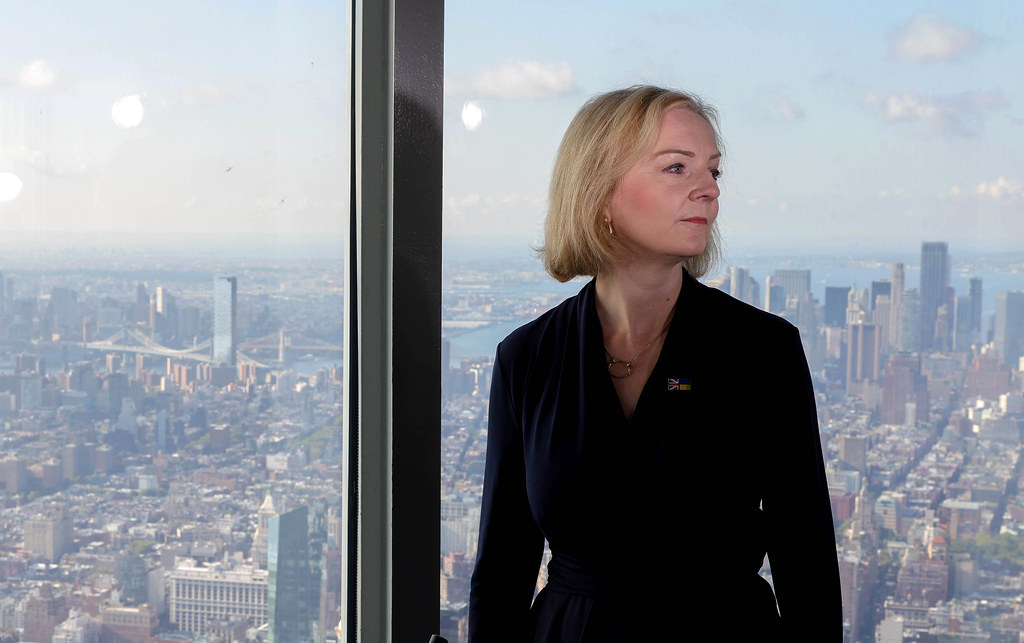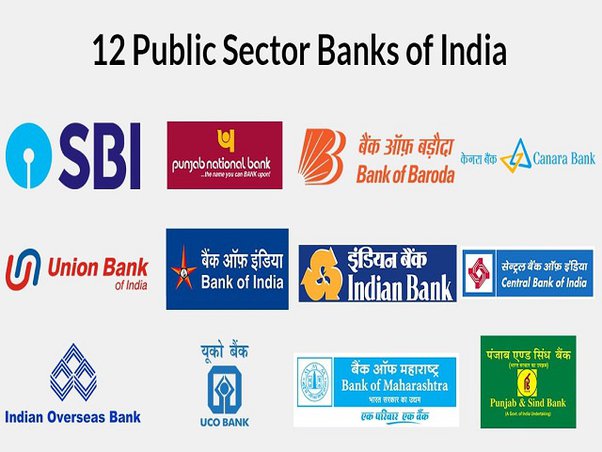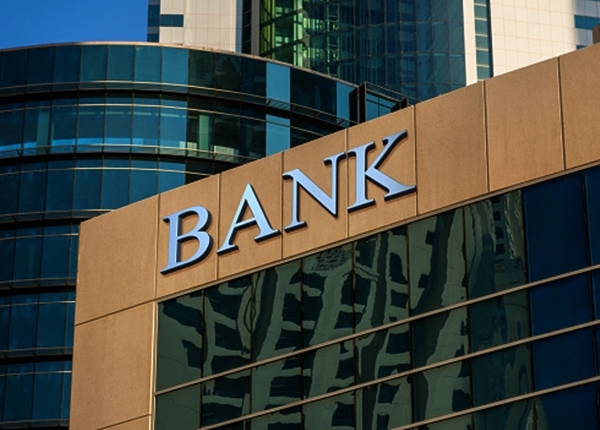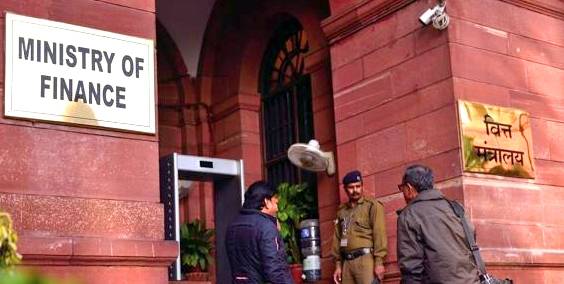A spokesperson for banking lobby group UK Finance said the mortgage market was competitive, adding that lenders used a range of criteria to determine pricing…reports Asian Lite News
Having hiked mortgage rates after political turmoil drove up the cost of borrowing, British banks are now cutting home loan prices, albeit slowly, as markets calm since Liz Truss’s government collapsed and Rishi Sunak took power.
Market chaos unleashed by Truss’s vast unfunded tax-cutting plans in late September led lenders to withdraw around 1,700 mortgage products in the space of a week, before reintroducing them at rates 1-2 percentage points higher.
But as markets have stabilised and borrowing costs have fallen, the trickle of mortgage rate cuts has lagged behind.
Several key interest rate swaps – products that lenders use to lock in future rates before pricing fixed-rate mortgages – have fallen by between 1.3 and 1.4 percentage points from their Truss-administration peak, Refinitiv data shows.
By contrast, average rates on two-year and five-year fixed-rate mortgages have fallen just 0.16 percentage points, Moneyfacts data shows.
“Lenders are able to get away with not passing cheaper rates on to mortgage customers, aided by the failure of Britain’s over-concentrated banking system to function like a competitive market,” said Simon Youel, head of policy and advocacy at Positive Money, which campaigns for a fairer financial system.
A spokesperson for banking lobby group UK Finance said the mortgage market was competitive, adding that lenders used a range of criteria to determine pricing.
Housing experts say further price drops should follow based on the market shift since Truss and her team’s departure.
Mortgage brokers say fixed-rate mortgage rates typically lag changes in swap rates, a trend which could be exacerbated this time as lenders focus on reintroducing products. The number of fixed-rate offerings is still down nearly a quarter from pre-Truss levels, according to Moneyfacts.
Lenders are under pressure to show they are treating customers fairly in the cost of living crisis, and have already faced criticism from consumer groups for not passing enough Bank of England rate rises to savers.
They also face the threat of a potential tax raid from Sunak’s government as it looks to plug a gap in the country’s finances.
Britain’s housing market has boomed since the initial impact of the COVID-19 pandemic, but squeezed household budgets exacerbated by more costly home loans looks set to plunge it into a downturn.
The country’s largest mortgage lender Lloyds, owner of the Halifax brand, said on Thursday it expected a mortgage market slowdown next year, and for house prices to drop 8%.
After years of cheap borrowing, mortgage prices had been climbing this year as the Bank of England ratcheted up benchmark rates. But this accelerated after Truss’s finance minister Kwasi Kwarteng laid out a disastrous “mini budget” on Sept. 23.
The average rate on a two-year fixed rate mortgage leapt as high as 6.65% by Oct. 20, Moneyfacts data shows, whereas prior to the budget it was 4.74%. Opposition politicians labeled the jump a “Truss premium” on mortgages.
The average two-year rate has since edged down 0.16 percentage points to 6.49% as of Thursday. Five-year mortgage rates have followed a similar pattern, Moneyfacts data shows.
ALSO READ-UAE banks can weather global shocks














